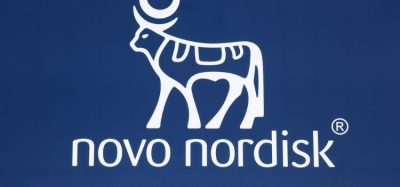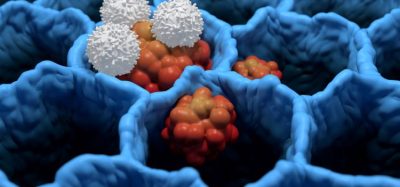Major immunotherapy trial sees survival benefit in solid tumours
Posted: 11 November 2024 | Catherine Eckford (European Pharmaceutical Review) | No comments yet
A key barrier in delivering this type of therapy to patients was overcome in the first-of-a-kind T cell therapy trial, data shows.


The biggest T cell therapy clinical trial for solid tumours has been completed. It represents a significant milestone, according to Professor Cliona Rooney, Baylor College of Medicine, US. “The delivery of high-quality T cells at large scale has been a major barrier for extending the applications of these therapies. To have achieved this goal when T cell therapy was in its infancy makes this Singapore-led achievement even more commendable”.
This study evaluated patients with nasopharyngeal (NPC) cancer. The Phase III VANCE trial enrolled 330 patients, with 154 completing the study. Notably, participants given the chemotherapy and EBV-specific cytotoxic T cell (EBV-CTL) therapy achieved better progression free survival and overall survival compared to those who received chemotherapy only.
A prior Phase II trial showed benefit of giving T cell therapy following first line chemotherapy. The investigators reported a median survival of 29.9 months. Comparatively, in patients only given chemotherapy to historical trials this was typically 11 to 12 months, the researchers shared. One patient who attained complete disease clearance stayed alive for almost a decade, they added.
“The delivery of high-quality T cells at large scale has been a major barrier for extending the applications of these therapies”
However, findings from this trial “indicate that more efforts are needed to improve how T cell therapies are developed and administered to optimise treatment outcomes for patients,” explained VANCE trial lead and study first author, Professor Toh Han Chong, Senior Consultant, Division of Medical Oncology and Deputy Chief Executive Officer (Strategic Partnerships), National Cancer Centre Singapore (NCCS).
Cell therapy – opening a new era
As such, the solid tumour trial results suggest that identifying the patient biomarkers would boost positive outcomes with the this type of therapy, facilitating precision delivery.
Going forward, analysis of the Phase II EBV CTL trial identifying biomarkers will be presented at the European Society of Medical Oncology (ESMO) Asia Congress in December, the researchers confirmed.
Results from the Phase III study were published in Annals of Oncology.
Related topics
Anti-Cancer Therapeutics, Biologics, Biopharmaceuticals, Clinical Development, Clinical Trials, Data Analysis, Drug Development, Immunotherapy, Industry Insight, Research & Development (R&D), t-cells, Therapeutics









